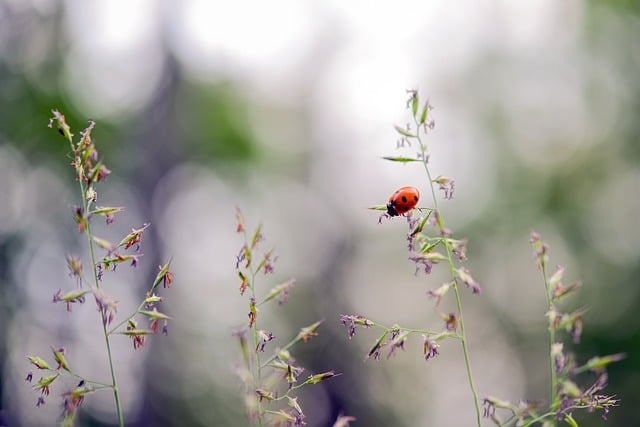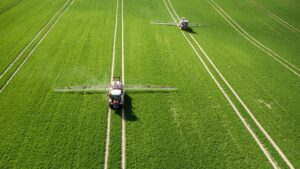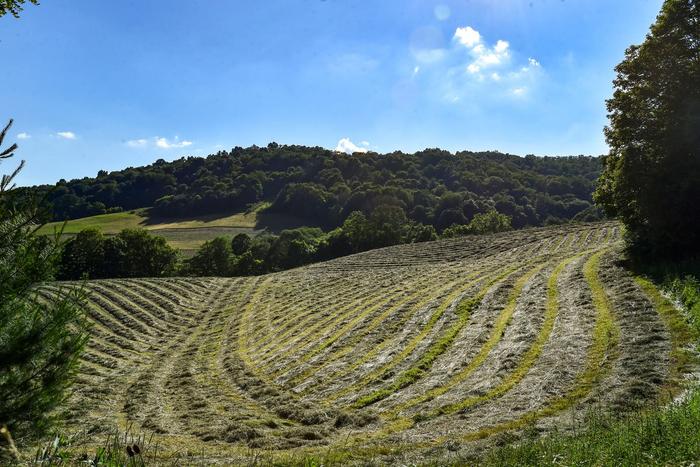University of Virginia study aims to reduce “forever chemicals.”
Bryan Berger, an associate professor of chemical engineering at the University of Virginia, received a $1.6 million grant from the Environmental Protection Agency (EPA) to reduce the harmful effects of per- and polyfluoroalkyl substances (PFAS) in farming communities. PFAS, often called “forever chemicals,” are synthetic compounds found in industrial and consumer products since the 1940s. These chemicals don’t easily degrade, causing accumulation in soil, water, air, and even food, with potential risks to human and environmental health.
The funding is part of the EPA’s larger initiative to allocate over $15 million to 10 institutions for PFAS reduction research, focusing on improving farm viability and understanding how these substances accumulate in crops. Berger’s research team will collaborate with growers, tribal communities, and other stakeholders to examine how PFAS affects agricultural systems and develop solutions to mitigate its impact.
“PFAS adversely affects the health of farmers, animals, and crops, threatens the livelihoods of farmers, and ultimately harms the well-being of entire communities,” Berger explained in a UVA news release. “This collaborative work with growers, tribal communities, and researchers will help us understand the full scope of the issue on farms, identify and remove sources of potential contamination, and find sustainable ways to mitigate it.”
The research will focus on how PFAS enters soil and crops through contaminated irrigation water and how other chemicals or environmental factors influence its absorption. Berger’s team will also gather plant and animal tissue samples to evaluate PFAS accumulation in the food chain, especially in plants with cultural significance to tribal communities.
By providing farmers with tools to detect PFAS sources, the research aims to protect agricultural ecosystems and promote sustainable farming practices. The study also seeks to protect vulnerable rural and tribal populations disproportionately affected by PFAS exposure. Additionally, the project will offer recommendations for farmers on how to reduce PFAS contamination.
Key collaborators on the project include Michael P. Timko, Lewis & Clark Professor of Biology at the University of Virginia, and other prominent researchers. This initiative builds on early experimental work funded by the Jefferson Trust, supporting critical investigations leading to this groundbreaking research.
The outcomes of Berger’s research will be vital in shaping how agricultural communities, particularly those at higher risk, can reduce PFAS exposure and ensure safer, more sustainable farming practices.













